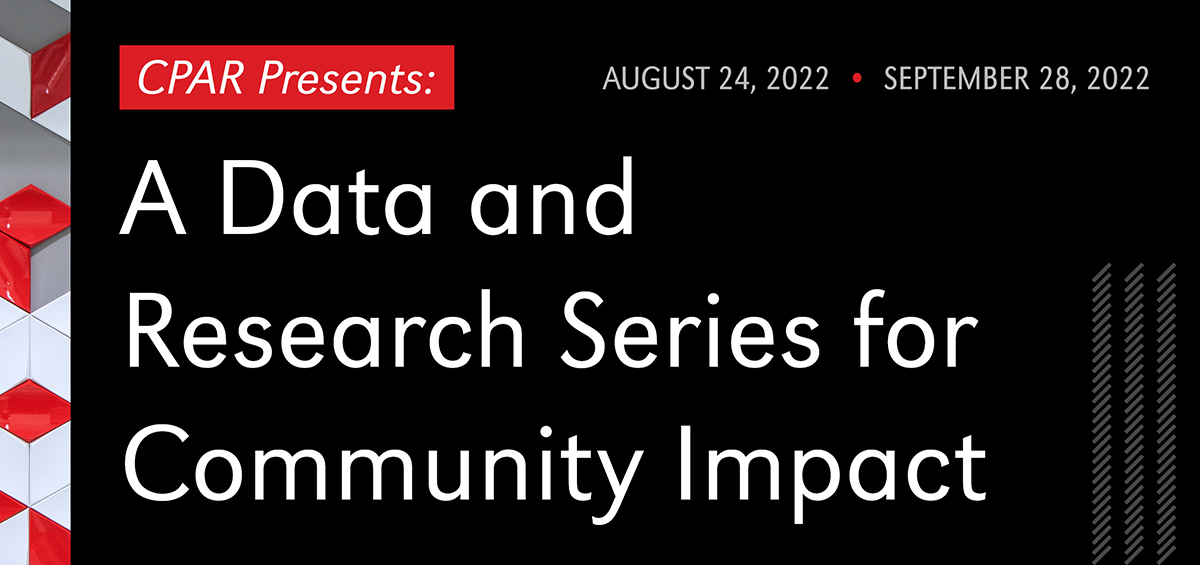Start Date
28-9-2022 10:15 AM
End Date
28-9-2022 11:15 AM
Description
Societal “progress” is often marked by the construction of new infrastructure that fuels change and innovation. Just as railroads and interstate highways were the defining infrastructure projects of the 1800 and 1900s, the development of data infrastructure is a critical innovation of our century. Railroads and highways were drivers of development and prosperity for some investors and sites. Yet other individuals and communities were harmed, displaced, bypassed, ignored, and forgotten by those efforts. As railroads and highways both developed and decimated communities, so too can data infrastructure. At this moment in our history, we can co-create data infrastructure to promote racial equity and the public good, or we can invest in data infrastructure that disregards the historical, social, and political context—reinforcing racial inequity that continues to harm communities. Building data infrastructure without a racial equity lens and understanding of historical context will exacerbate existing inequalities along the lines of race, gender, class, and ability. Instead, we commit to contextualize our work in the historical and structural oppression that shapes it, and organize stakeholders across geography, sector, and experience to center racial equity throughout data integration.
2020 Toolkit for Centering Racial Equity
Societal “progress” is often marked by the construction of new infrastructure that fuels change and innovation. Just as railroads and interstate highways were the defining infrastructure projects of the 1800 and 1900s, the development of data infrastructure is a critical innovation of our century. Railroads and highways were drivers of development and prosperity for some investors and sites. Yet other individuals and communities were harmed, displaced, bypassed, ignored, and forgotten by those efforts. As railroads and highways both developed and decimated communities, so too can data infrastructure. At this moment in our history, we can co-create data infrastructure to promote racial equity and the public good, or we can invest in data infrastructure that disregards the historical, social, and political context—reinforcing racial inequity that continues to harm communities. Building data infrastructure without a racial equity lens and understanding of historical context will exacerbate existing inequalities along the lines of race, gender, class, and ability. Instead, we commit to contextualize our work in the historical and structural oppression that shapes it, and organize stakeholders across geography, sector, and experience to center racial equity throughout data integration.

